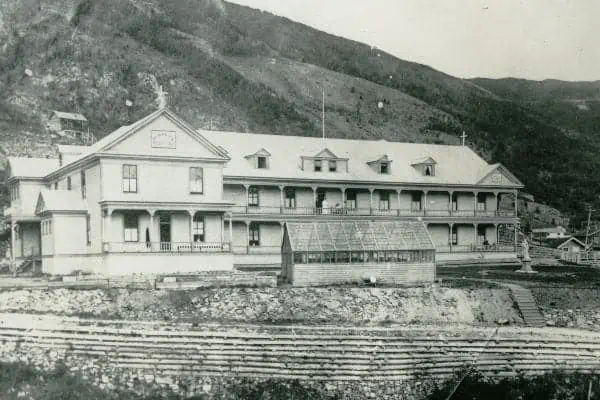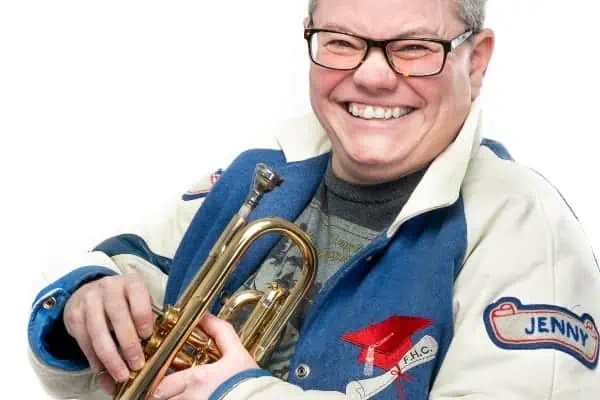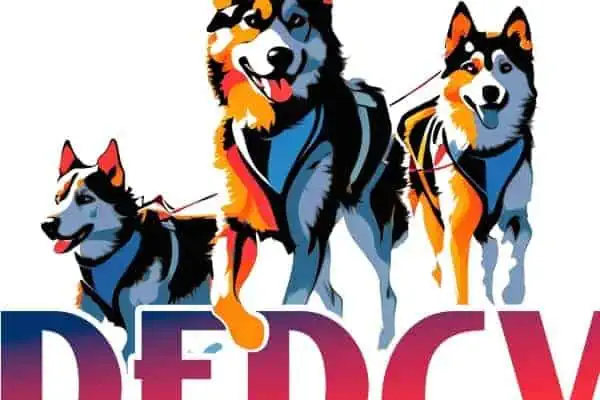Local food production and sourcing has become an important component of our food supply, like the potatoes harvested here at the Yukon Grain Farm in 2017
What was the last conversation you had with your best friend? If there is one topic that people like to talk about it, it is food. We talk about what we had for lunch or dinner. We talk about recipes and how to cook certain foods. We talk about the foods we like and don’t like. We talk about which stores have the best selection and the best prices. People in the Yukon are more personally connected to the land and aware of the origins of some food sources, such as wild game, than are people in Vancouver or Edmonton. However, it can probably be said that most of us likely take for granted that the food will be available when we want it.
With so much of our food trucked in from outside the territory and, considering the effects of climate change on food production, perhaps we shouldn’t take this for granted. Professor Lauren Sneyd of the University of Guelph is going to be leading a field course on food security in Canada’s North. She will be in Whitehorse, Dawson City and a few places in between to learn about Yukon’s food system and food security.
Sneyd has always wanted to teach a field school course or an experiential course that enables students to learn from experiences and not just from readings. The course will ask students to consider how to develop positive change regarding food security in northern communities. Students will consider issues of social justice, cold climate agriculture, sustainability and environmental change. The students will spend two weeks travelling around the Yukon to hear perspectives on food security, including views from First Nations communities, NGO’s, government, farmers and researchers.
“My area of expertise is food security, food rights and food culture and I’ve always wanted to give students the opportunity to engage with food in a way that enables them to see it, taste it and learn from people working with food. I’ve organized a workshop in Whitehorse where community organizations, government and researchers will talk to students about food security work in the territory,“ said Snyed.
Students will visit a canoe-in only dairy farm outside Dawson City and the only physical abattoir in the territory. They’ll also visit a Tr’ondëk Hwëch’in teaching and training farm for Indigenous youth. They will go on a wild food walking tour with Michele Genest, author of the cookbook, Boreal Gourmet, and participate in a cooking class. Students will meet documentary filmmaker Suzanne Crocker to learn about her new project on Yukon local food.
Originally Sneyd had wondered if she would get 14 students to respond to the program call.
“I held the first information session in November and the room was standing room only. I then realized that Yukon and food security was a big idea and the course would be competitive. We had 41 students apply for 22 spots.” Perhaps the draw was the hands-on nature of the course combined with students’ natural interest in food and Sneyd’s enthusiasm for it.
“I’ve always been interested in researching food,” Sneyd explained.” I completed my PhD at the University of Guelph and conducted PhD fieldwork in Cameroon in Central Africa for my research. There I asked questions about wild food to food security in urban Cameroon. “
Now Sneyd has turned her attention to the north.
“The more I look into research on food security in the Arctic and sub-Arctic communities, the more I am learning about food systems that are unique to the local environment. These are two food systems [Cameroon and the North] at extreme edges of the world in terms of the sun and weather. I have loved reading to learn about the diversity in food systems and about food in cold climates.”
Sneyd is quite concerned that dietary diversity is being overrun by fast food, convenient food and cheap food. She states that this influx of food changes cultures and knowledge around food and separates people from their food systems.
At the same time, Sneyd feels that the Yukon is undergoing a renaissance in the food system.
“There are many actors doing amazing work to make positive changes to the food system or highlight where more work needs to be done. Suzanne Crocker’s local Yukon-only food challenge is an amazing example of the possibilities for local food and sustainability. There are many innovations underway, such as the work at Cold Climate innovation and Cropbox, which involves growing greens in containers using hydroponics. I am super excited to take the group to visit Klondike Valley Nursery and Creamery. Chefs are also highlighting local Yukon ingredients and celebrating Yukon food.”
The students will write final papers once they are back at the end of May. As this is their first engagement, Sneyd will synthesize their insights and findings to send to the Yukon Agricultural Association and the Arctic Institute of Community Based Research as well as other community organizations. She hopes to continue the University of Guelph’s engagement with the food systems of the Yukon and have students work on experiential learning projects linked to goals of community engagement.
For further information, contact Lauren at [email protected].




